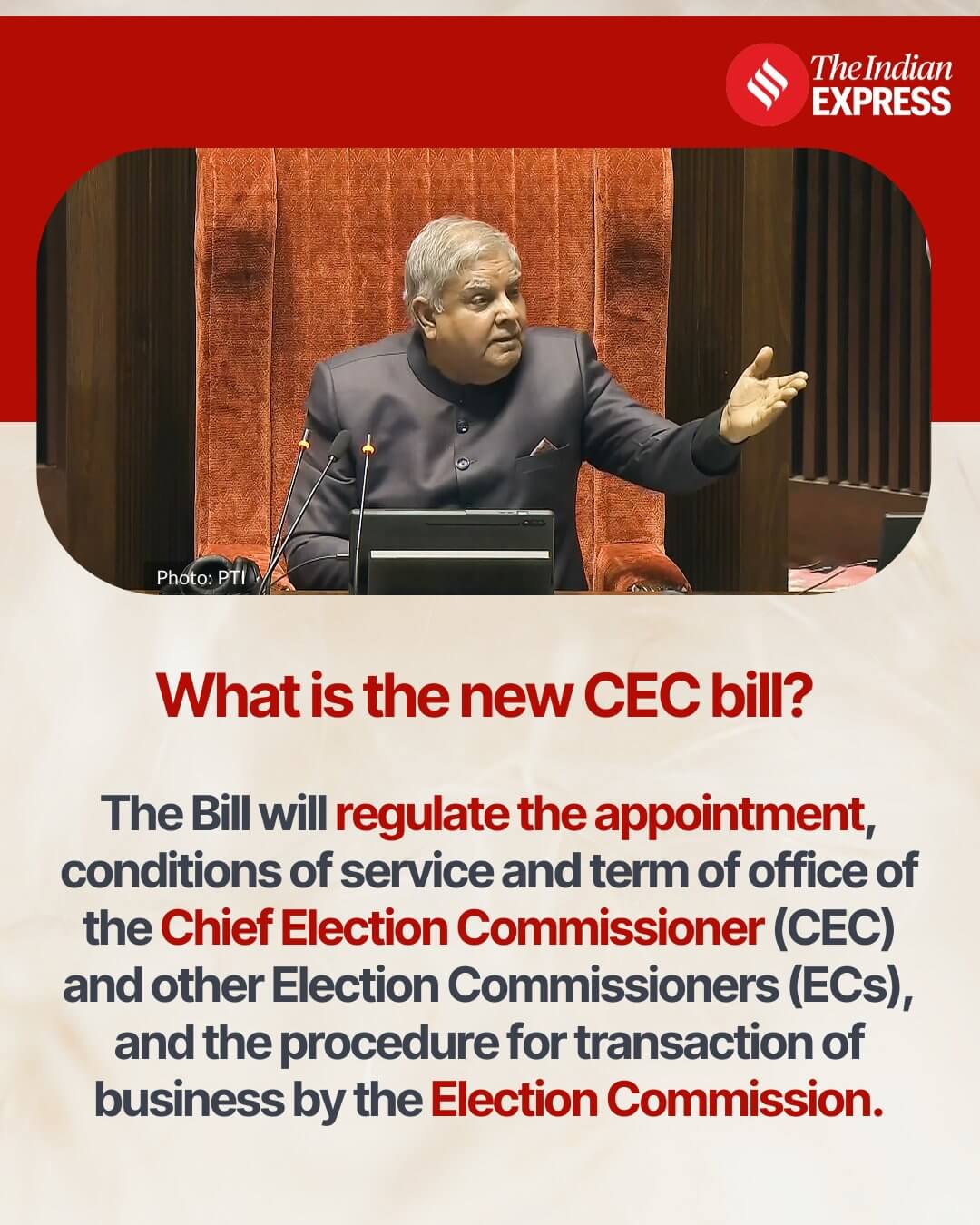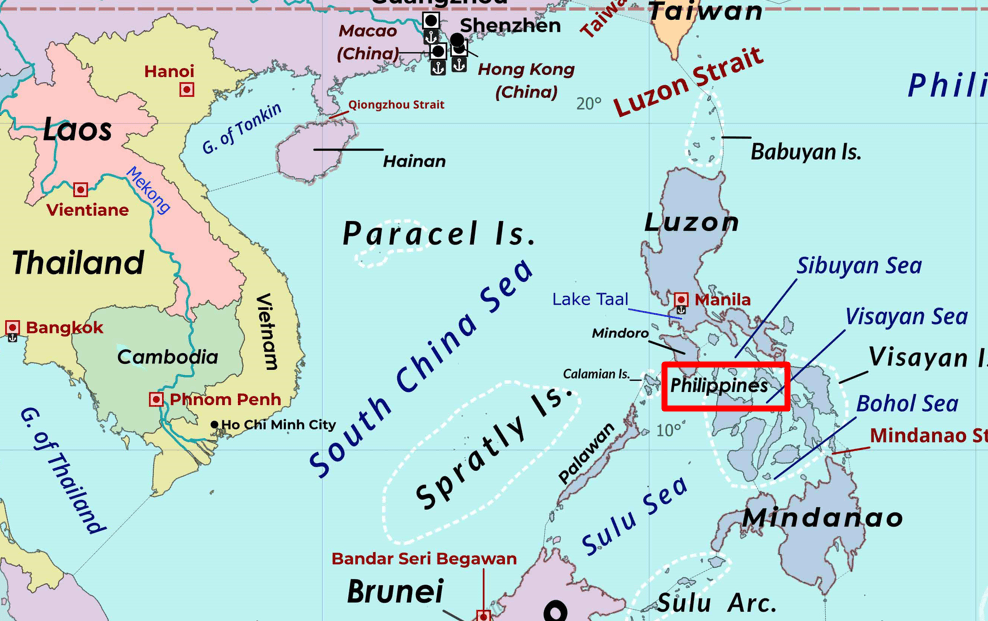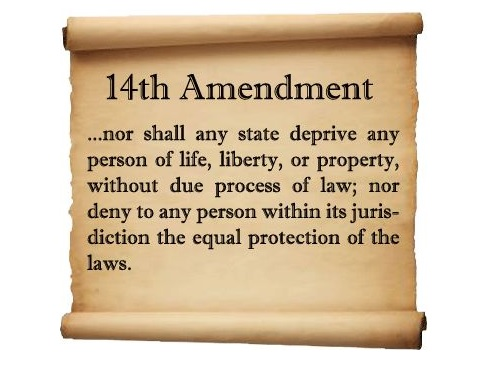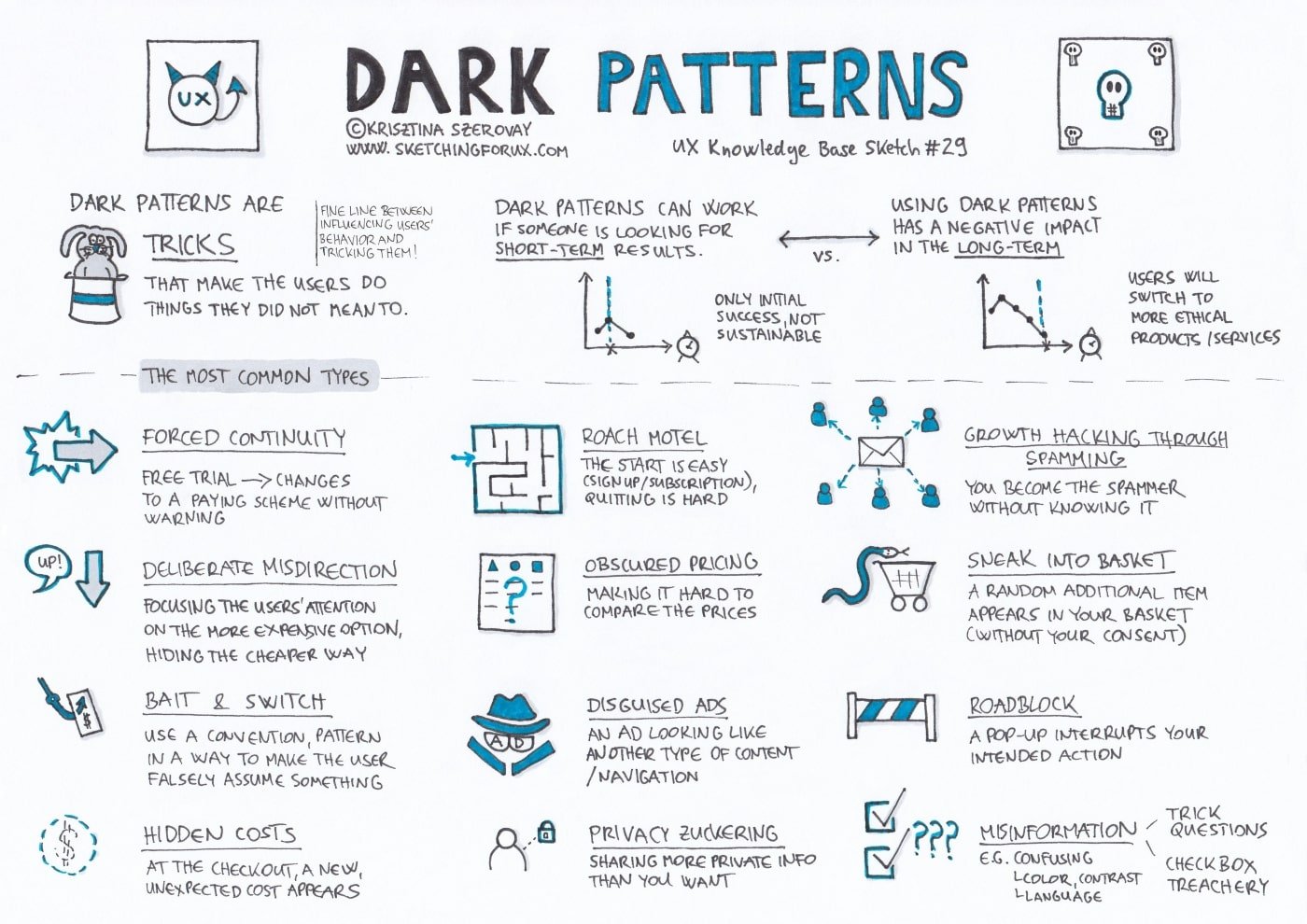
Judges Joining Politics
Subscribers of "Current Affairs" course can Download Daily Current Affairs in PDF/DOC
Subscribe to Never Miss an Important Update! Assured Discounts on New Products!
Must Join PMF IAS Telegram Channel & PMF IAS History Telegram Channel
- Context (TH I DC I IE): Justice Abhijit Gangopadhyay recently resigned as a judge of the Calcutta HC and joined the Bharatiya Janata Party (BJP).
- In 1967, Chief Justice Koka Subba Rao resigned to contest the presidential elections.
- In 1983, the SC judge Baharul Islam resigned to get elected as a member of the Rajya Sabha.
- Mr. Gangopadhyay was often in the news for the wrong reasons-
- He gave an interview to a TV channel criticising the WB government and speaking about the school job-for-bribe case.
- He created controversy by defying an order of a division bench. Sometimes he had run-ins with lawyers and even fellow judges.
- On Mr. Gangopadhyay’s conduct, a bench of CJI D.Y. Chandrachud and Justice P.S. Narasimha rightly said that judges have no business giving TV interviews on pending matters.
- The orders delivered by Mr. Gangopadhyay had far-reaching implications-
- On the fate of thousands of job aspirants, teachers and non-teaching staff,
- It also dominated the political discourse in West Bengal since 2021.
Constitutional Debate on Judges Conduct and Joining Politics
- Against Joining Politics: A member of the Constituent Assembly (CA), K.T. Shah, had suggested that judges of constitutional courts should be legally barred from occupying executive posts.
- In Favour of joining Politics: CA did not find favour with this.
- Implementing external rules to control the judicial behaviour of judges would be antithetical to the idea of judicial independence.
- India has never legislated over the judicial conduct of judges of constitutional courts.
Constitutional Provisions related to Powers and Privileges of Judges
- The basis for judicial privilege arises from the need to preserve the confidentiality of the judicial decision-making process.
- The constitutional basis for judicial privilege stems from the doctrine of the separation of powers and the need to preserve the independent functioning of the judicial branch.
Removal of Judges
- Article 217 read with Article 124(4) of the IC is the way to remove a judge by the way of impeachment by Parliament.
Contempt Power
- Article 215 declares the HC to be a court of record with contempt power which the judges could invoke.
Governing Judges Conduct
Constitutional Provisions
- Paragraph VIII of the Third Schedule of the IC demands a judge-designate to swear that he will perform his duties without fear or favour, affection or ill-will.
The Bangalore Principles of Judicial Conduct (2002)
- It gained international acceptance as indicated by the Judicial Integrity Group.
- The declaration enlists certain judicial values including independence, impartiality, integrity, propriety, equality, competence and diligence.
- It emphasises the need to eradicate bias or prejudice in the decision-making process.
- Judges to ensure that their conduct “both in and out of (the) court maintains and enhances the confidence of the public, the legal profession, and litigants in the impartiality of the judge and of the judiciary”.
- It is against the judge making comments “that might reasonably be expected to affect the outcome of (a case).”
- “Judge shall disqualify himself or herself from participating in any proceedings in which the judge is unable to decide the matter impartially”.
- “A judge shall conduct themselves in a way that is consistent with the dignity of the judicial office”.
Restatement of Values of Judicial Life 1997
- The SC of India adopted the Restatement of Values of Judicial Life in 1997, outlining ethical standards and principles for judges. Some key points from the Restatement include:
- Impartiality: Justice must not only be done but also be seen to be done. Judges’ behaviour should reaffirm people’s faith in the judiciary’s impartiality.
- Avoiding Conflicts: Judges should avoid close associations with individual members of the Bar, refrain from hearing cases involving family members who are lawyers, and not enter public debates on political matters.
- Financial Benefits: Judges should not seek financial benefits unless clearly available and should not speculate in shares or engage in trade or business.
- Public Gaze: Judges must always be conscious that they are under public scrutiny, and their actions should benefit the high office they occupy.
Ethical Concerns Related to the Resignation of a Judge for Politics?
Judicial Impartiality
- Judges are expected to remain neutral and make decisions based solely on the facts and the law, without being influenced by personal biases and external pressures.
- The sitting judge joining a political party after being involved in controversies raises questions about his impartiality while presiding over cases involving political matters.
- This undermines public confidence in the judiciary’s ability to dispense justice fairly.
Judicial Independence
- Judicial independence is crucial for maintaining the rule of law and democracy.
- Judges must be free from interference or influence from any outside parties, including political entities.
- Judge aligning themselves with a political party shortly after their resignation/retirement calls into question the independence of his previous judicial decisions.
- It also raises concerns about the influence of political considerations on the judiciary’s functioning.
Conflict of Interest
- Judges are expected to avoid conflicts of interest & maintain the integrity of the judicial process.
- Their involvement in political activities, after making controversial statements and rulings, raises concerns about potential conflicts of interest.
Public Trust and Confidence
- The judiciary relies on public trust and confidence to fulfill its role in society. Judiciary’s actions undermining the judicial integrity and impartiality, erodes public trust in the entire judicial system.
- Transition from the judiciary to active involvement in politics leads to scepticism and cynicism among the public.
Issue of Post-Retirement Appointments
- Some retired judges have accepted government posts after retirement. This practice blurs the clear demarcation between the judiciary and the executive.
Post-Retirement Assignments for Judges
- The IC doesn’t explicitly prohibit judges from taking up post-retirement assignments but there have been suggestions for implementing a cooling-off period to mitigate potential conflicts of interest.
- Former Union Minister Late Arun Jaitley had said “Pre-retirement judgments are influenced by post-retirement jobs”.
- The 14th Law Commission Report, 1958: Highlighted the concern and advocated for a system that ensures financial security to the judges without compromising independence.
- Former CJI R M Lodha recommended a cooling-off period of at least 2 years.
- Officials who retire from sensitive positions should be barred from accepting any other appointment for some time, normally two years.
- These cooling-off periods in posts are premised on the snapping off of the nexus between previous incumbency and new appointment by the interposition of a sufficient time gap.
- International Practices:
- In the USA, SC justices do not retire but hold their positions for life to prevent conflicts of interest.
- In the UK, while there is no law preventing judges from taking post-retirement jobs, no judge has done so, reflecting a different approach to the issue of post-retirement roles.





![PMF IAS Environment for UPSC 2022-23 [paperback] PMF IAS [Nov 30, 2021]…](https://pmfias.b-cdn.net/wp-content/uploads/2024/04/pmfiasenvironmentforupsc2022-23paperbackpmfiasnov302021.jpg)











